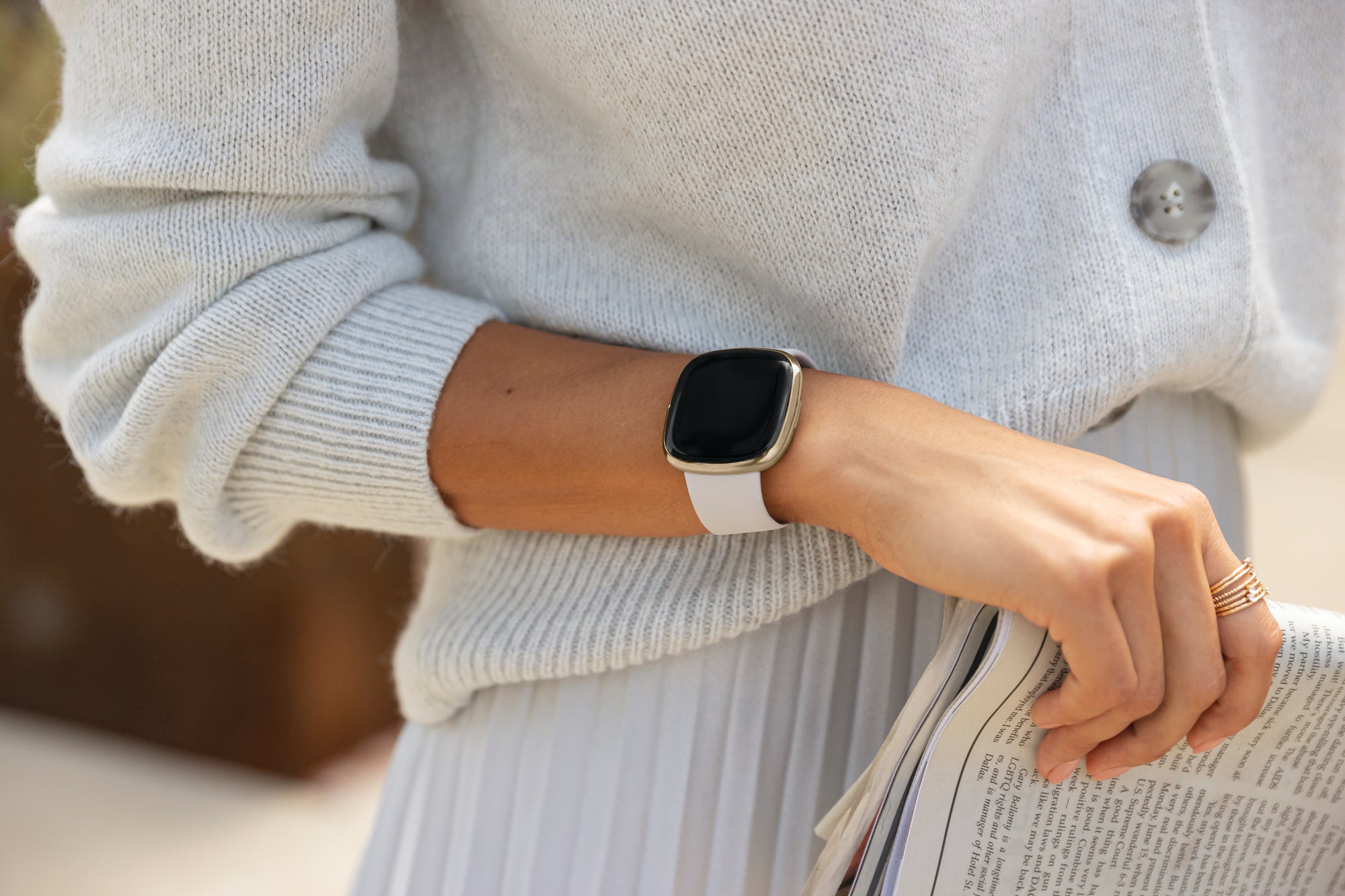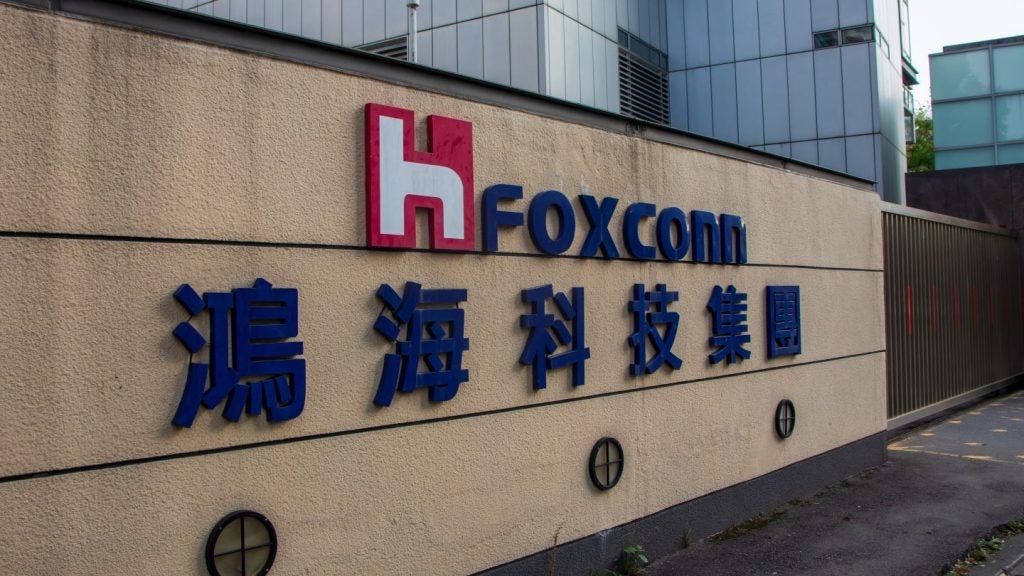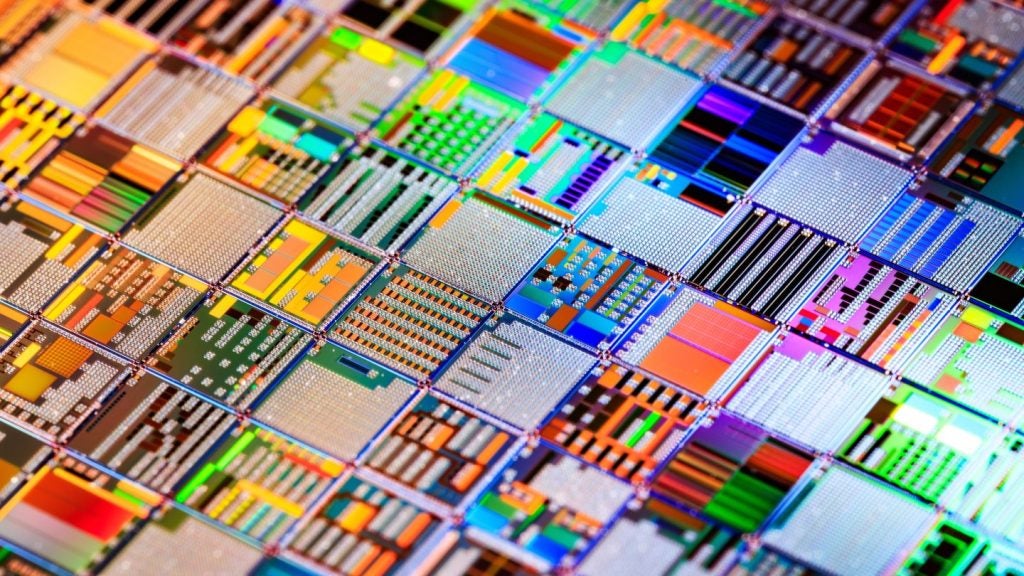
Google has officially completed its acquisition of wearables company Fitbit after making “binding commitments” that it won’t use health and wellness data for Google ads.
In November 2019, Google parent company Alphabet signed an agreement to acquire Fitbit in a deal valuing the company at $2.1bn.
This immediately raised questions about how it would use the vast amount of health data Fitbit has gathered on its 29 million active users.
Regulator scrutiny followed on both sides of the Atlantic, with Google insisting in July last year that the deal is “about devices, not data”.
Today Google senior vice president of devices and services Rick Osterloh reiterated this line in a blog post announced the news.
“This deal has always been about devices, not data, and we’ve been clear since the beginning that we will protect Fitbit users’ privacy,” he wrote.
How well do you really know your competitors?
Access the most comprehensive Company Profiles on the market, powered by GlobalData. Save hours of research. Gain competitive edge.

Thank you!
Your download email will arrive shortly
Not ready to buy yet? Download a free sample
We are confident about the unique quality of our Company Profiles. However, we want you to make the most beneficial decision for your business, so we offer a free sample that you can download by submitting the below form
By GlobalData“We worked with global regulators on an approach which safeguards consumers’ privacy expectations, including a series of binding commitments that confirm Fitbit users’ health and wellness data won’t be used for Google ads and this data will be separated from other Google ads data.”
The EU approved the deal in late December 2019 with conditions. However, US antitrust agencies are continuing to scrutinise the acquisition.
Google has confirmed that Fitbit users will still be able to connect to third-party fitness services to their Fitbit account.
The search engine giant also committed to continuing to give rival wearable firms access to Android APIs so their fitness trackers and smart watches can interoperate with Android smartphones.
Fitbit is also keen to stress that the deal is more about Google acquiring Fitbit’s range of hardware products than its data.
“The trust of our users will continue to be paramount, and we will maintain strong data privacy and security protections, giving you control of your data and staying transparent about what we collect and why,” he wrote.
Read more: Amazon Halo: Will the company’s foray into the wearables market be a success?







